Visit Us
Get Directions
Getting support from providers who specialize in dual diagnosis and co-occurring disorders can be crucial for people experiencing mental health problems. Without proper treatment, conditions like depression, anxiety, trauma, and substance abuse can deteriorate over time, resulting in social isolation and difficulty in managing everyday tasks.
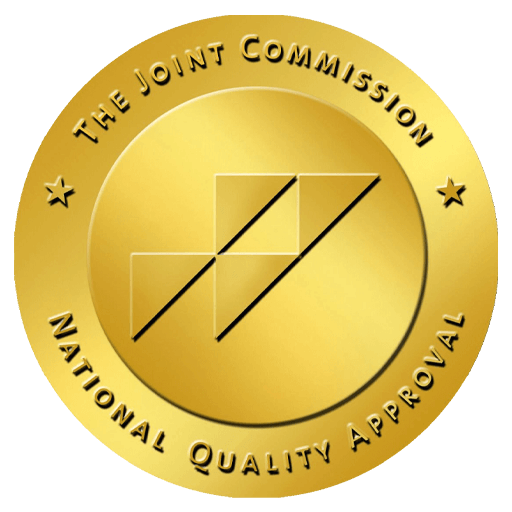
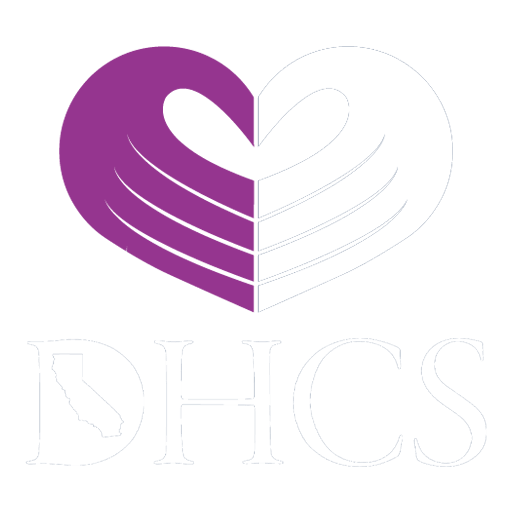
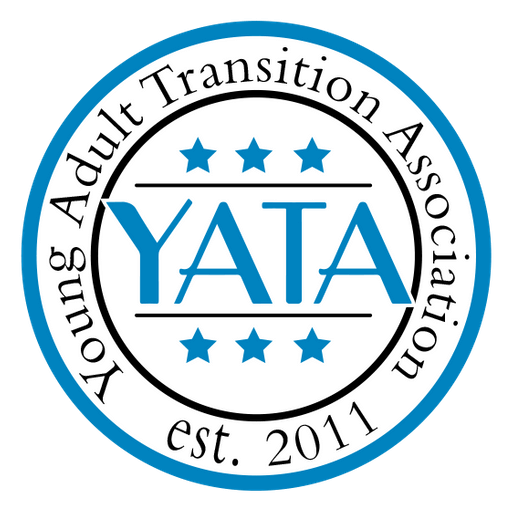
When someone is experiencing both mental health problems and substance abuse, it’s called dual diagnosis or co-occurring disorders. Identifying and diagnosing this can be challenging, but it’s becoming more common and can cause serious issues. The combination of mental health issues and substance abuse can lead to stress, financial problems, relationship issues, illness, lack of motivation, and self-medication.
People with dual diagnosis may struggle with social interaction, which can hinder their ability to establish meaningful relationships and seek help. Therefore, it is essential for those who know someone dealing with this condition to offer support, understanding, and assistance in accessing resources, such as therapy and support groups, that are crucial for their recovery.
Helps people to recognize and alter the thought patterns and behaviors that are causing distress or hindering their ability to function in everyday life.
More infoan integrative psychotherapy approach that has been extensively researched and proven effective for the treatment of trauma.
More infoHelps individuals to identify and build upon their strengths, as well as address any underlying issues that may be causing distress in their lives.
More infoa type of psychotherapy that involves a small group of people who support each other in addressing issues such as anxiety, depression, abuse, and trauma.
More infoMental health and drug or alcohol addiction are rarely isolated struggles. In fact, research confirms that dual diagnosis—when someone experiences both a mental health disorder and a substance use disorder (SUD) at the same time—is more common than not in treatment settings. Studies suggest that co-occurring disorders are the rule rather than the exception, with depression, anxiety, PTSD, and bipolar disorder frequently overlapping with substance use issues.
But here’s where things get complicated: treating one condition without addressing the other is rarely effective. If someone stops using substances but their underlying anxiety or depression remains untreated, they’re at higher risk of relapse. Likewise, if mental health symptoms are treated without considering alcohol or drug abuse, recovery can feel like an uphill battle. That’s why dual diagnosis and addiction treatment programs must be comprehensive, integrated, and tailored to the individual.
At Benchmark Transitions, we take a whole-person approach to dual diagnosis care. Our program isn’t just about managing symptoms—it’s about understanding the deep connections between mental health issues and addiction. Our clinical team works across multiple disciplines—including psychiatry, psychotherapy, trauma care, and holistic wellness—to help clients regain stability and develop real-world coping strategies.
With co-occurring disorders on the rise, especially in younger populations post-COVID-19, it’s more important than ever to provide treatment that meets people where they are. Whether it’s through our residential treatment center in Yucaipa and throughout San Bernardino County or outpatient treatment services in Redlands, our goal is to help individuals break free from the cycle of drug or alcohol dependency and mental health struggles—permanently.
If you or a loved one is struggling with addiction and co-occurring mental health concerns, you’re not alone. Contact Benchmark Transitions today to learn more about our programs in San Bernardino County.
For over 30 years, Benchmark Transitions has helped individuals and their families navigate recovery. Our Wildwood Canyon campus in the scenic Oak Glen area of Yucaipa offers a 52-acre working ranch that blends luxury, structure, and nature-based therapy.
Unlike traditional treatment facilities, our Wildwood Canyon property in Yucaipa, CA, offers a tranquil, nature-rich setting where clients can step away from daily stressors and focus on recovery. The 52-acre working ranch includes open land, scenic trails, and outdoor therapy spaces, providing a peaceful retreat that fosters self-reflection and growth. Clients engage in outdoor activities, mindfulness practices, and experiential therapy to help strengthen their emotional well-being.
Our 7,000-square-foot ranch house provides a safe, structured, and comfortable space for healing. Clients stay in private or semi-private rooms, allowing them to feel at home while receiving the necessary care and support. The residence includes spacious common areas, encouraging community and connection among clients. By balancing structure with personal space, our residential treatment center promotes accountability and independence, ensuring clients feel supported while developing the skills needed for long-term stability.
Horses play a unique and influential role in emotional healing. At Benchmark Transitions, equine-assisted activities allow clients to develop self-awareness, confidence, and trust in a non-judgmental environment. Interacting with horses helps individuals learn patience, improve emotional regulation, and strengthen communication skills—all of which translate directly into recovery. Many clients find that working with animals reduces stress, fosters responsibility, and provides a grounding therapeutic experience that complements traditional therapy sessions.
Our sustainable garden and fruit orchards offer a hands-on, nature-based therapeutic experience that promotes mindfulness, patience, and a sense of accomplishment. Gardening is known to reduce stress, improve focus, and encourage relaxation—qualities that are essential for recovery. Clients can cultivate plants, harvest fresh produce, and develop a deeper connection with nature, reinforcing valuable life skills that promote self-sufficiency and personal growth.
At Benchmark Transitions, we understand the therapeutic power of animals in the recovery process. We also understand the challenges of taking time to invest fully in your recovery when you have pets to care for. Oftentimes, this can be a barrier to getting the help they need. That’s why Benchmark Transitions offers a pet-friendly dual diagnosis treatment facility, allowing individuals to have the support of their pets during their stay with us. We create a home-like atmosphere that enhances the overall recovery experience and makes treatment more accessible by integrating pet-friendly accommodations.
Recovery is a journey, and we provide a full continuum of care to support clients every step of the way. From medically supervised detoxification and residential treatment to our partial hospitalization program (PHP), intensive outpatient program (IOP), and sober living homes, our structured treatment model ensures seamless transitions between levels of care. This approach helps clients build independence at their own pace, setting them up for long-term success.
At Benchmark Transitions, we don’t just help clients get sober—we help them rediscover themselves, rebuild their lives, and develop the skills needed to sustain recovery beyond treatment. If you or a loved one is ready to take the next step, we’re here to help.
Sometimes, the best way to reset and heal is to step away from the daily stressors that keep you stuck. Our residential dual diagnosis program in San Bernardino gives you the time, space, and support to focus entirely on your recovery.
Healing isn’t something you should have to do alone. In our residential program, mental health and addiction specialists are available around the clock to provide guidance, monitor progress, and help you through difficult moments. Access to consistent, professional care ensures you receive the proper support when needed most.
Our Wildwood Canyon property in Yucaipa, CA, offers a tranquil, nature-rich setting where clients can step away from daily stressors and focus on recovery. The 52-acre working ranch includes open land, scenic trails, and outdoor therapy spaces, providing a peaceful retreat that fosters self-reflection and growth. Clients engage in outdoor activities, mindfulness practices, and experiential therapy to help strengthen their emotional well-being.
Mental health challenges and substance use often stem from deeper, unresolved issues. Our therapeutic approach helps you uncover the ‘why’ behind your struggles, giving you the tools to process emotions, change destructive patterns, and build a stronger foundation for the future. Through evidence-based, proven therapies like CBT, DBT, and trauma-informed care, we help you heal at the source.
True recovery isn’t just about managing symptoms—it’s about creating a life that supports long-term well-being. Our treatment programs incorporate nutrition, movement, mindfulness, and holistic wellness. These lifestyle changes improve mental and physical health, help reduce stress, regulate emotions, and enhance overall quality of life.
Leaving treatment doesn’t mean the challenges disappear—but having a plan makes all the difference. Our program equips you with real-world skills to navigate triggers, manage stress, and prevent relapse. Through coping strategies, support systems, and transitional planning, we help you build the confidence to maintain progress long after you leave residential care.

If you’ve been trying to manage things independently but keep hitting the same walls, residential treatment could be the turning point you need. Stepping into a structured, supportive environment allows you to break free from destructive cycles, gain clarity, and start making lasting changes.
A dual diagnosis doesn’t define you, nor does it mean that recovery is out of reach. It simply means that your treatment should address both your mental health and substance use in a way that supports your long-term well-being. At Benchmark Transitions, we go beyond symptom management—we help you build the skills, confidence, and stability needed for lasting recovery.
If you’re ready to take the next step, we’re here to provide the guidance and support you need.
Operating in Southern California since 1993, we’re one of the longest running transitional living programs specifically treating adults with emotional, behavioral, and alcohol or drug addiction issues.
More about usBenchmark Transitions works with all major insurance companies and is pleased to be an In Network provider with Aetna, Anthem Blue Cross (accepting most BCBS Blue Card plans), First Health, Kaiser Permanente of Southern California, MHN, TriCare West and Quantum Health.
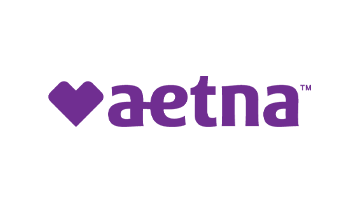
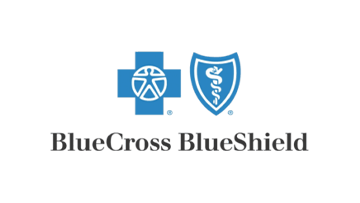
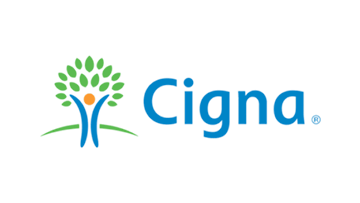
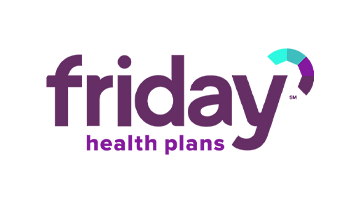

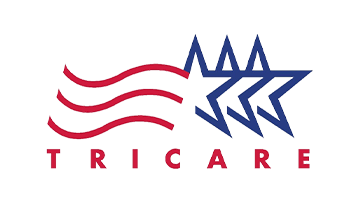
Eddie is a licensed Marriage and Family Therapist (LMFT) and Certified Drug and Alcohol Counselor with over 13 years of sobriety. His academic journey began at East Los Angeles College, where he obtained his certification in Drug and Alcohol Counseling, and continued to Antioch University Los Angeles, where he earned a Master’s degree in Clinical Psychology, specializing in addiction. Certified with both CCAPP and CAADE, Eddie employs a multi-modal approach in his practice, including DBT, CBT, and solution-focused therapy, to address addiction and co-occurring mental health disorders.
Meet Eddie